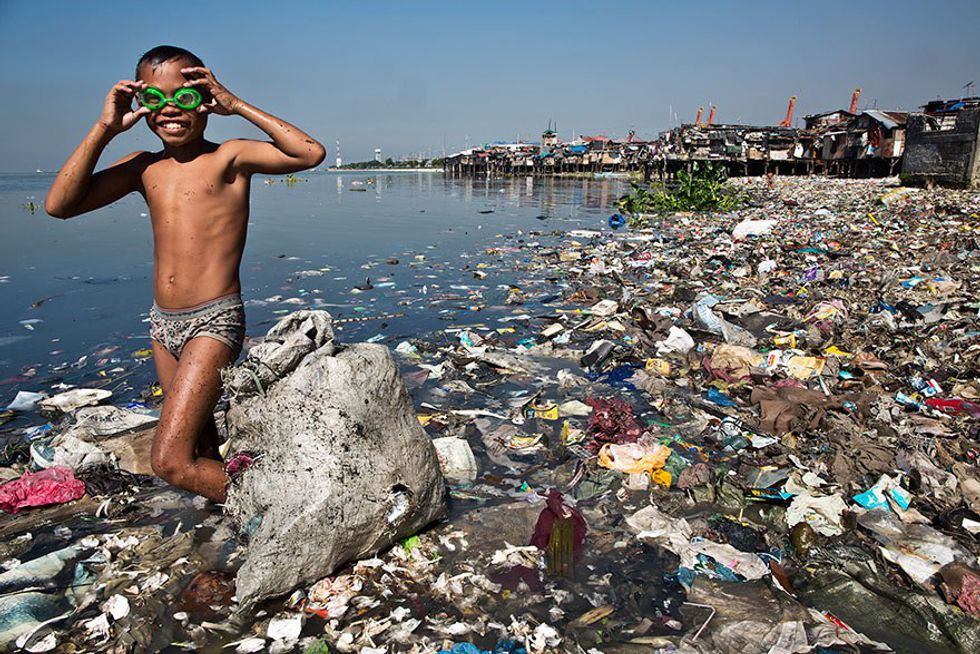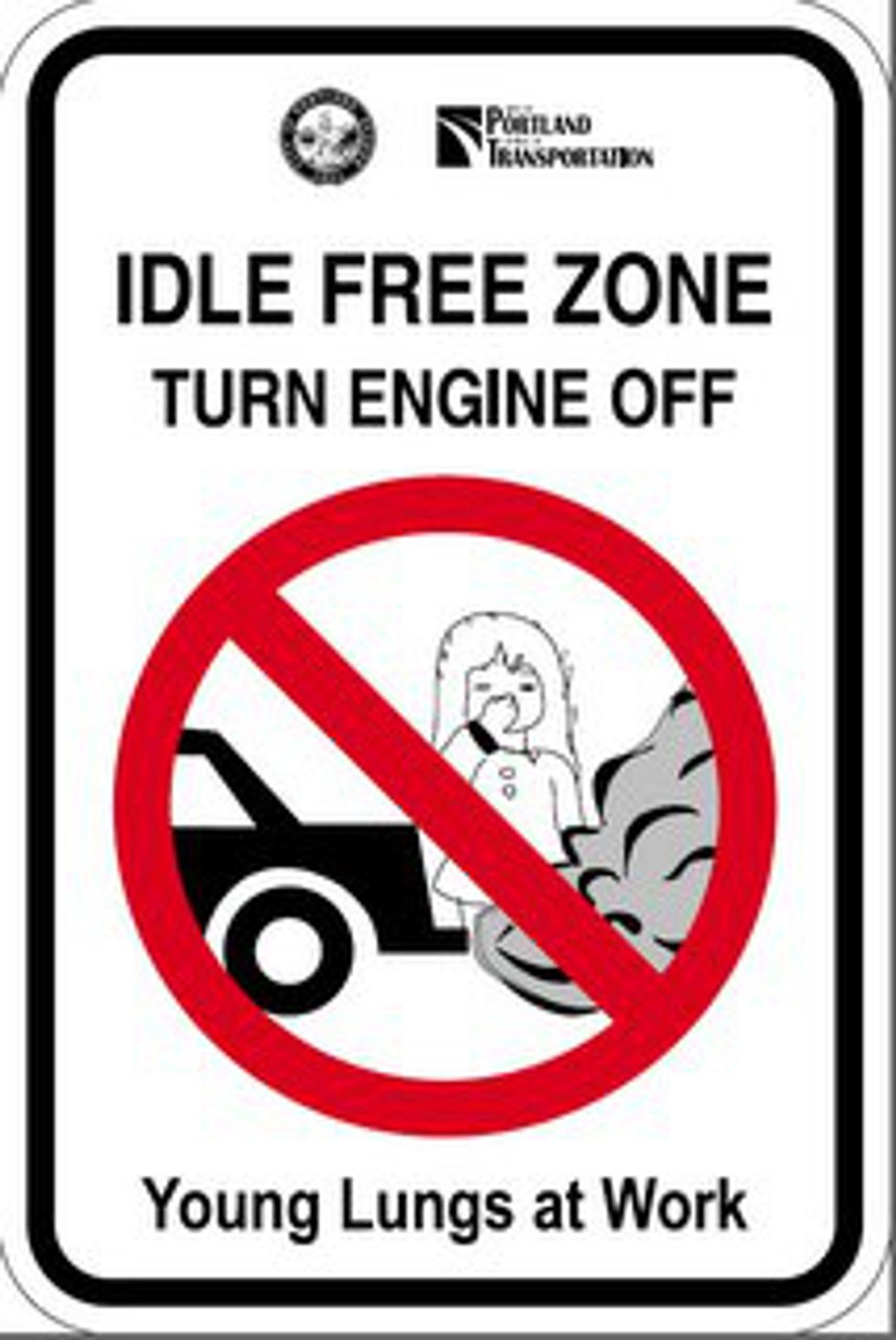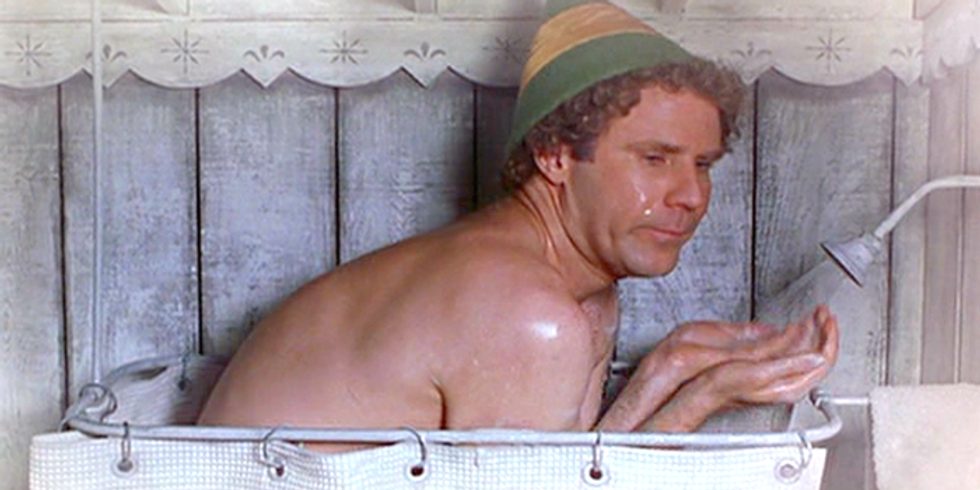The deteriorating condition of the environment is something we often hear about but also feel relatively helpless. Regardless of your stance on more contentious environmental issues, one thing for sure is that every human has the power to make a difference, especially when it comes to our environment. Each of our actions has a chain reaction and although it may be impossible to learn the most minute effects of all our habits, it’s important to change what we can. We may read things like, “Buy fuel efficient cars,” when often, our car choice isn’t exactly in our hands. Here are a few realistic, impactful habits you can adopt:
1. Recycle
Not going to lie, I’m a still a tad confused as to why everyone isn’t on board yet. Recycling means less to throw into landfills and I don’t know about you, but the idea of Earth being a giant landfill in the future isn’t the most appealing to me. It’s great for manufacturers because they don’t have to produce something from scratch again, and can instead use recycled materials. Additionally, there is a decreased need to destroy habitats to produce more (i.e. recycling paper). Your trash has to end up somewhere, be mindful of how you choose to discard of it.
2. Become more strategic with your driving routine
A. If you’re waiting for a friend, DON’T IDLE! Idling is defined as “running a vehicle’s engine when the vehicle is not in motion.” I know sometimes it’s difficult to withstand the heat or cold outside, but if you can turn off the engine for even a few minutes, do so! Not only will you put a cap on carbon dioxide emissions your car is releasing into the air (AKA the principal greenhouse gas contributing to climate change) but you’ll also save gas! Contrary to the belief that you use more fuel by turning your engine on and off, idling for even ten seconds is worse than simply turning off your car.
B. Personally, if I need something trifling from a store relatively far, I’ll immediately go. What I’ve learned is to be more deliberate with driving excursions. Be cognizant of whether or not you need something immediately, and if not, hold off until you have another reason to visit the area. Otherwise, don’t drive ten miles out to buy one item.
C. Plan out your driving routine! Rather than having to drive home after classes before heading out again, pack a lunch and get everything you need for the day! You’ll save extra gas and time running back home
3. Take shorter and colder showers
A great way to time your showers is by creating a short playlist; it’ll give you something to sing (and dance) about plus make sure you’re under a certain time. Consider showering with colder water, too. Water heaters account for about 17% of a home’s total energy usage and on average, we waste about 20% of our shower time simply waiting for the water to heat up. Given the standard shower head, about 2.5 gallons of water is wasted per minute. A cold water shower actually has a myriad of benefits for the individual including reduced moisture loss for hair and skin, increased circulation, and even as far as increased tolerance to stress! Plus, LESS UTILITY COSTS! What a win-win situation!
4. Buy more locally produced food
Locally produced food tends to be more fresh since there’s less time it took from farm to table. In the U.S., food travels an average of 1,500 miles to get to the consumer. When you buy local, you minimize transportation costs rather than buying products from a different state or country. Furthermore, you invest into your local economy! **Note: Food transportation emissions can be lowered even more by making a change in your diet! According to a study done by Christopher Weber and H. Scott Matthews, of Carnegie Mellon University, “replacing red meat and dairy with chicken, fish, or eggs for one day per week would save the equivalent of driving 760 miles per year. Replacing red meat and dairy with vegetables one day a week would be like driving 1,160 miles less.” If you’re looking for a more impactful habit to take up, try adjusting your diet!
5. Coffee shop lovers, use a reusable mug!
B. Bring in your own coffee mug or tumbler next time you visit a coffee shop! Many places will even give you a discount, (Starbucks gives you $0.10 off each purchase which can add up). If you’re dining in and don’t have a reusable cup, you can ask for your drink in one of their mugs and most places will still honor the discount since you aren’t using a paper cup.
6. Use reusable grocery bag
OK, I know a number of people read this and think this is a mom sort of thing to do- but since when is it shameful to care about the environment? Reusable grocery bags are usually available by the checkout counter at your grocery store (ironic, I know) and are usually a $5-$10 investment. These bags are great because:
You can fit loads more per bag (less trips to and from the car!
They’re sturdier (no fear of having cans burst all over the floor...
Less plastic waste!
Consider making these few steps a habit! Each individual action may not seem like much, but the accumulation of these little changes is what makes a HUGE difference!
























